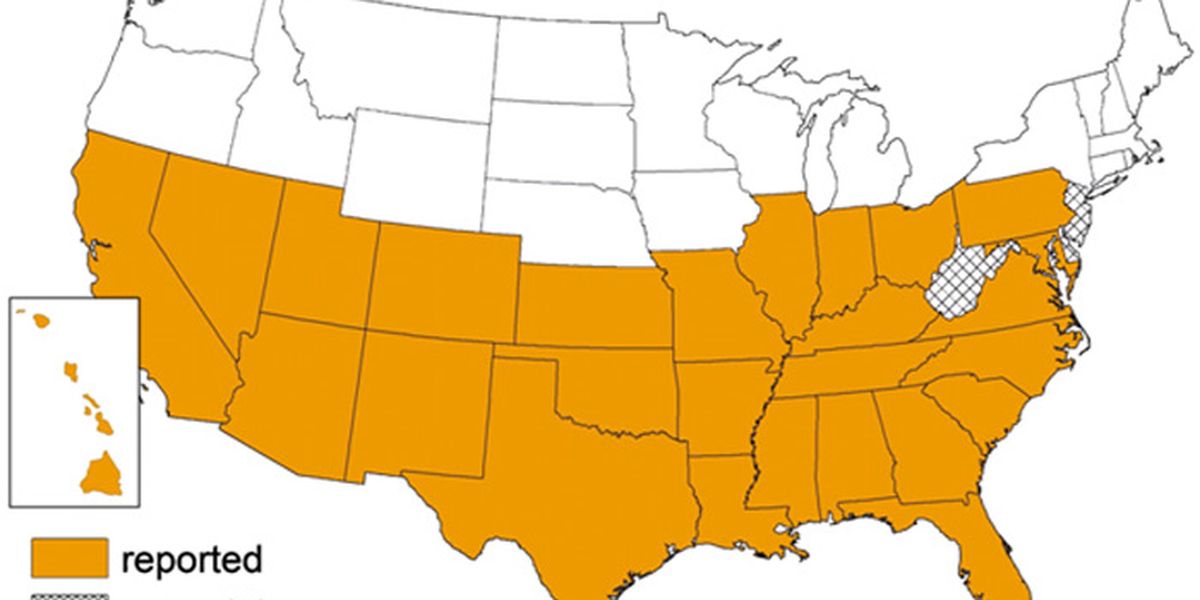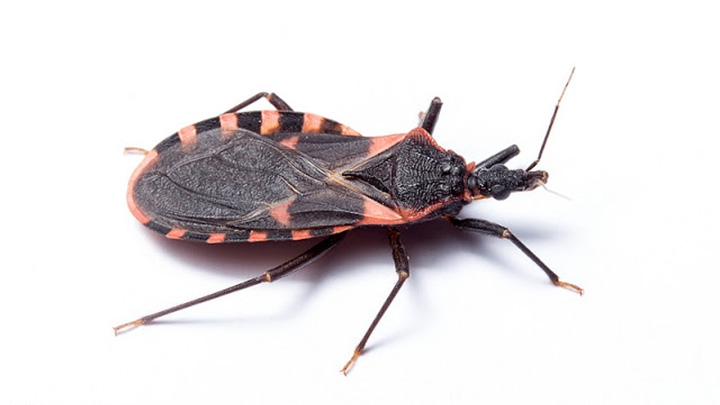 ‘Kissing bug’ spreads across US
‘Kissing bug’ spreads across US
– They’re often called “kissing bugs.” It’s a cute nickname, but they carry a potentially dangerous disease that has already infected an estimated 300,000 people in the United States.
A statement released this week by the American Heart Association (AHA) said it’s a growing threat.
“Chagas disease, caused by infection with a parasite called Trypanosoma cruzi (T cruzi), causes chronic heart disease in about one third of those infected,” the AHA said. “Although 60-70 percent of people infected with T cruzi never develop any symptoms, those that do can develop heart disease, including heart failure, stroke, life threatening ventricular arrhythmias (heart rhythm abnormalities) and cardiac arrest.”
The T cruzi parasite is carried by triatomine bugs, also known as “kissing bugs,” because the blood-sucking insects often bite the face of their hosts while they’re asleep. It’s close enough to the mouth to earn them the kissing moniker. “Infection occurs when feces from the … triatomine enters the skin through the bite site or in the eye,” according to the AHA.
Chagas disease is well-known to doctors across Latin America, but it’s becoming more common worldwide with cases reported in the U.S., Spain, Italy, France, Switzerland, the United Kingdom, Australia and Japan. “This statement aims to increase global awareness among physicians who manage patients with Chagas disease outside of traditionally endemic environments,” said Maria Carmo Pereira Nunes with the AHA.
Eleven different species of triatomine bugs have been found in the southern United States ((Source: CDC)). As climate changes, they have been appearing further and further north including midwestern states such as Illinois and Indiana. In Central and South America, they typically can be found in adobe houses, which are far less common in the U.S. And, so far, not too many folks are getting the “kissing bug” illness in the U.S., but they are bringing it back home with them when they travel. “Most people with Chagas disease in the United States acquired their infections in endemic countries,” according to the CDC. “Although there are triatomine bugs in the U.S., only rare vector-borne cases of Chagas disease have been documented.”

